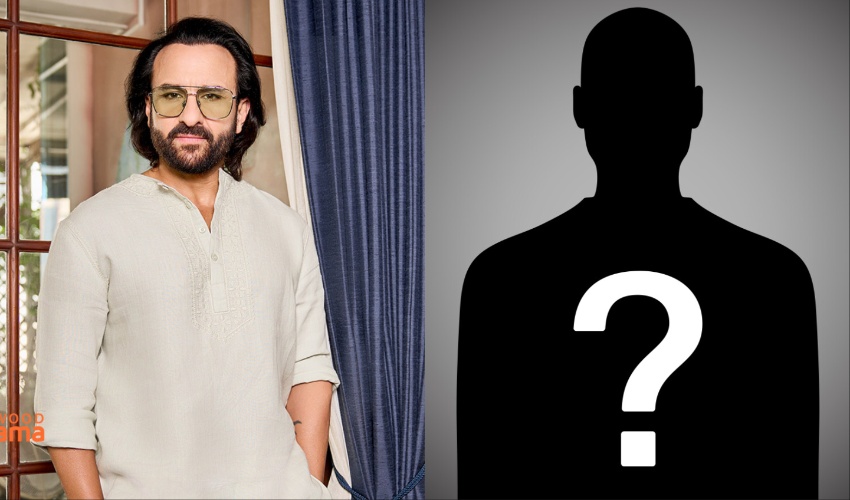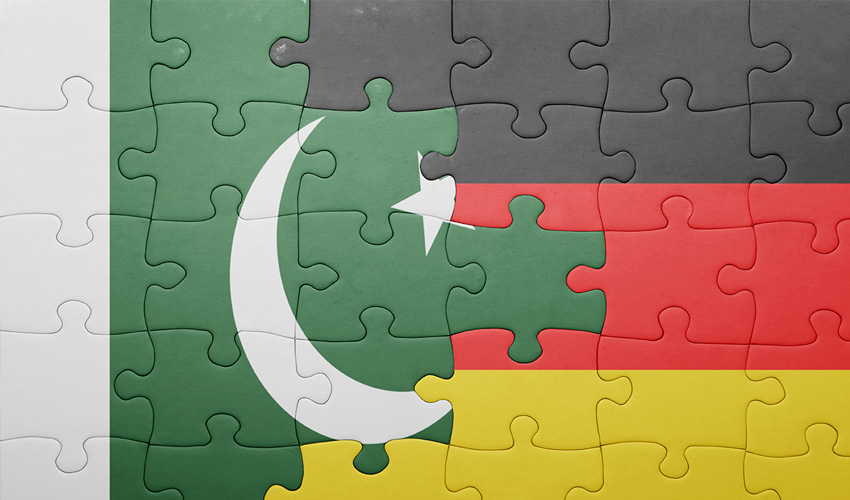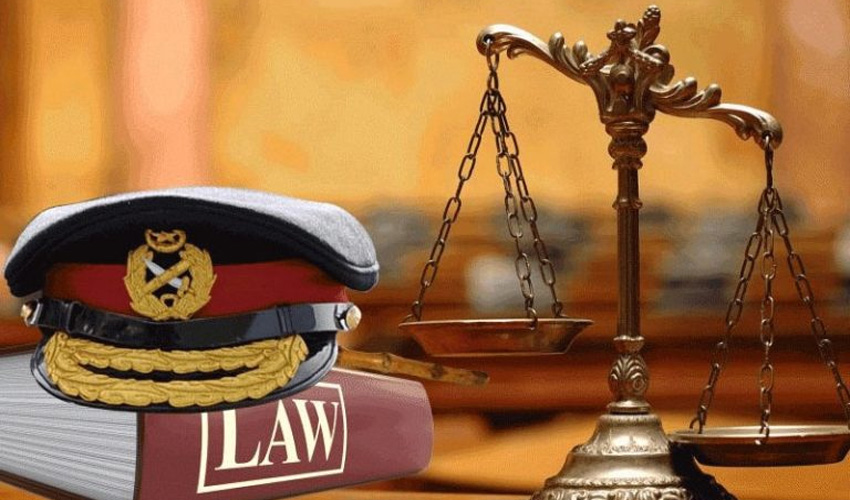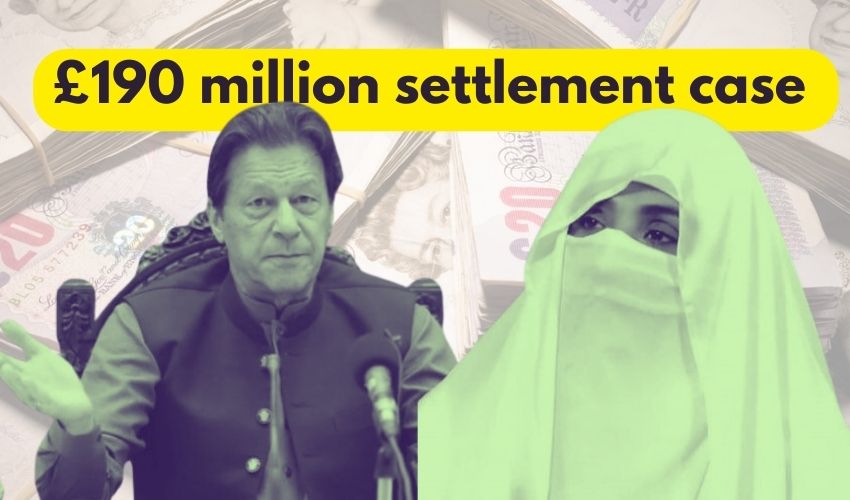Pakistan has achieved a significant milestone in space innovation by successfully launching its first locally developed electro-optical satellite, EO-1. The satellite was launched from China's Jiuquan Satellite Launch Center.
The Pakistan Space and Upper Atmosphere Research Commission (Suparco) held a celebratory event in Islamabad to commemorate the historic occasion.
Speaking at the event, Suparco officials highlighted the diverse applications of the EO-1 satellite, emphasizing its potential to revolutionize disaster response, agriculture, urban planning, and natural resource management.
Today marks another milestone in Pakistan's space journey and 🇵🇰🇨🇳space collaboration to advance socio-economic development. Thanks to leadership and professional acumen of SUPARCO @NSAPAKISTAN, PRSC-EO-1 satellite was successfully launched from Jiuquan in northwestern China… pic.twitter.com/eIHRcPPUy1
— Khalil Hashmi (@KhalilHashmi) January 17, 2025
Suparco spokesperson Mushtaq Hussaini stated that the EO-1 satellite, developed in collaboration with China, represents a breakthrough in Pakistan’s indigenous space capabilities. “The EO-1 satellite is a modern, locally manufactured tool that will enhance our ability to monitor natural resources and predict natural disasters,” Hussaini said.
He said the satellite is also expected to contribute significantly to food security, water management, and urban planning efforts. By providing high-resolution imagery and data, EO-1 will support government initiatives aimed at tackling environmental challenges and improving resource allocation.
🚀 🛰️ Congratulations! Another milestone in China-Pakistan space cooperation. @PakinChina_ @CathayPak @KhalilHashmi@NSAPAKISTAN @MIshaqDar50 @ForeignOfficePk@MFA_China https://t.co/3jmoMjr0rF pic.twitter.com/pbs1VKf72d
— Wu Lei (@wulei2020) January 17, 2025
The Suparco deputy director general underscored the satellite’s importance, calling it a “major achievement” for Pakistan. "This launch demonstrates our ability to innovate and develop advanced technology for the benefit of our nation," he said.
The launch was made possible through strong cooperation between Pakistan and China, with Suparco expressing gratitude to their Chinese counterparts for their assistance. Video footage of the satellite launch shows the historic moment EO-1 was sent into orbit, a visual testament to Pakistan’s growing space capabilities.
PM and Aleem Khan congratulate teams
Prime Minister Shehbaz Sharif lauded the accomplishment as a proud moment for the entire nation. “This satellite will prove to be immensely helpful, from crop production forecasting to urban development projects,” he remarked, adding that the launch symbolizes Pakistan’s growing capabilities in space science and technology under his leadership.
Soaring higher and higher !
— Shehbaz Sharif (@CMShehbaz) January 17, 2025
Proud moment for the nation as 🇵🇰 proudly launches its first indigenous Electro-Optical (EO-1) satellite from the Jiuquan Satellite Launch Center, China.
From predicting crop yields to tracking urban growth, #EO1 is a leap forward in our journey… pic.twitter.com/EJX3MY8Kgh
He congratulated the scientists, engineers, and technical experts whose dedication and teamwork made this success possible.
Federal Minister and president of the Istehkam-e-Pakistan Party (IPP), Abdul Aleem Khan, also extended his congratulations to the nation, calling the EO-1 launch a monumental achievement. "Equipped with the latest technology, this satellite is a significant step in Pakistan’s space development journey. It will support critical sectors such as agriculture, environmental monitoring, and defense," he stated.
Highlighting the collaborative effort behind the mission, Khan paid tribute to the engineers and scientists who brought this ambitious project to fruition.
“Sending the EO-1 satellite into space is a testament to their expertise and hard work,” he said, expressing hope that this achievement paves the way for more advanced space ventures in the future.
Abdul Aleem Khan expressed optimism for Pakistan’s future in space technology, stating, “Inshallah, the day is not far when Pakistan will be among the leading countries with the most modern facilities.”


























